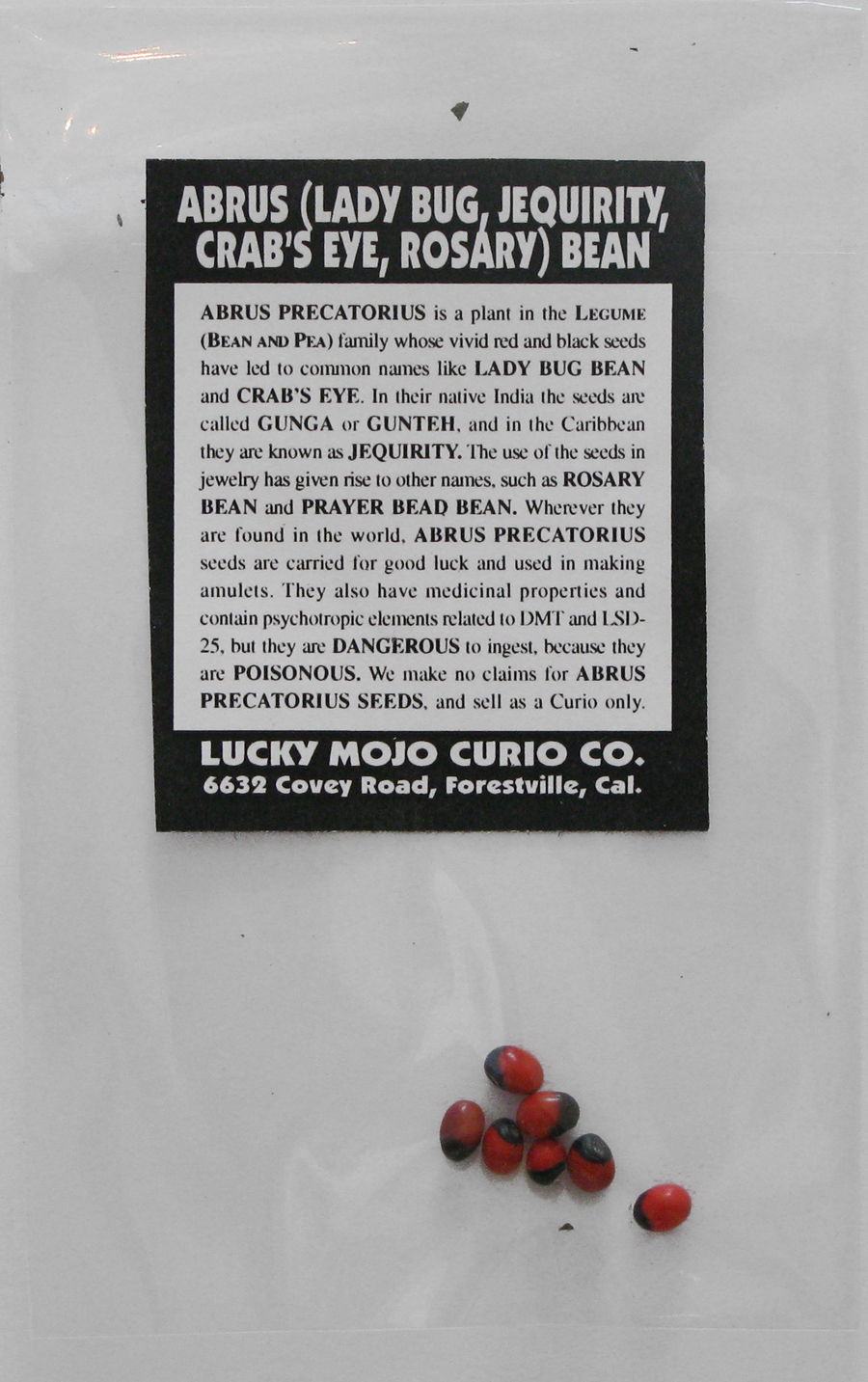
Uses & Benefits of Rosary Pea
- Rosary pea roots are used for treating gonorrhea, jaundice and haemoglobinuric bile.
- The oil extracted from seeds of the herb is said to promote the growth of human hair.
- The herb is also used as an abortifacient, laxative, sedative and aphrodisiac.
- The leaves of Rosary pea are used to make tea, which is known to be useful in treating fevers, coughs and colds.
- The white seeds of the herb are used in the Siddha medicine, to make oil that is regarded as an equivalent of the present-day Viagra.
- The seeds of Rosary pea have anodyne, antimicrobial, diuretic, emetic, expectorant, febrifuge, hemostat, purgative, and refrigerant properties.
- The seeds, after being converted to vermifuge paste, can be applied topically, in case of sciatica, stiffness of shoulder joints and paralysis.
- In some traditional medicines, the herb is used to treat scratches, sores and wounds caused by dogs, cats and mice.
- The paste of its roots is often used in the treatment of abdominal pains and tumors.
- The juice derived from the paste of the leaves and seeds of rosary pea can be used to treat grey hair.
Caution
- The seeds of Rosary pea are highly poisonous. In the powdered form, they have been known to disturb the uterine functions and also prevent conception in women.
- If consumed raw, the seeds can result in nausea, vomiting, severe abdominal pain and diarrhea, and burning in throat, initially. Later on, ulcerative lesions of mouth and esophagus might result.
- Eye damage, conjunctivitis and even blindness might result from coming in contact with an infusion of the seed extracts.





No comments:
Post a Comment